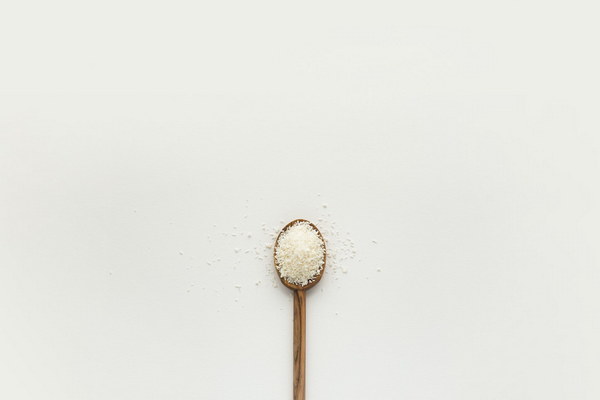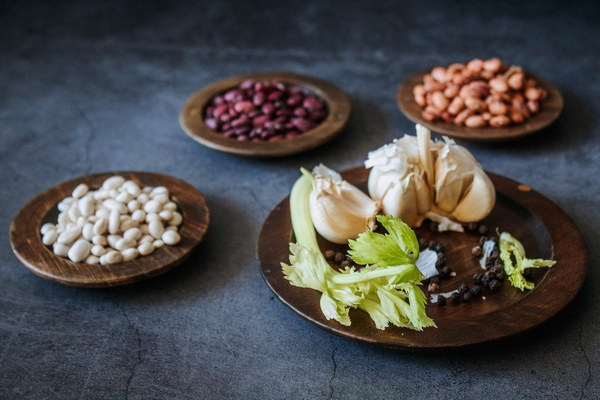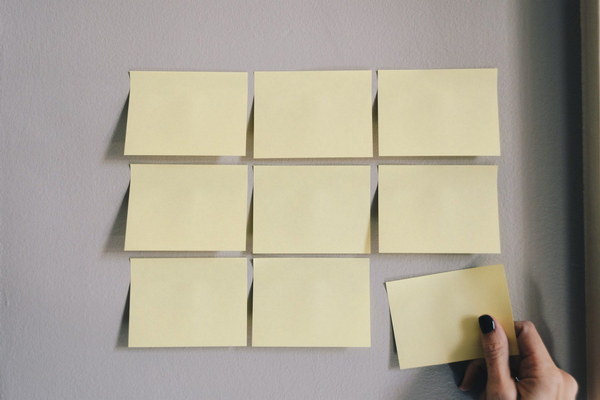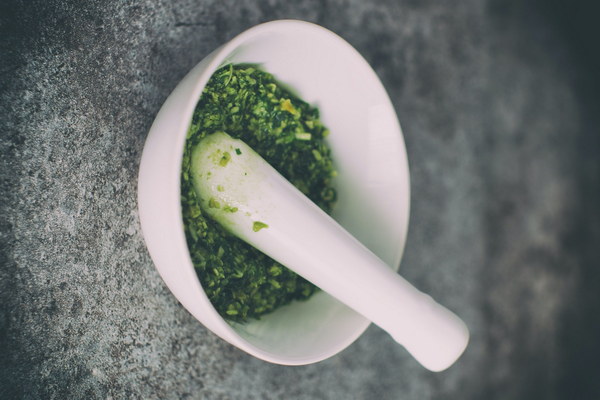PostStone Kidney Care Essential Tips for Nurturing Your Kidneys After a Stone Formation
Introduction:
Dealing with kidney stones can be a daunting experience. Once the stones have been removed or dissolved, it's crucial to take proactive steps to ensure the health and longevity of your kidneys. Post-stone kidney care is essential to prevent future occurrences and maintain overall renal well-being. In this article, we will discuss the importance of kidney care after kidney stone formation and provide you with essential tips on how to nurture your kidneys.
1. Hydration:
Proper hydration is crucial for post-stone kidney care. Drinking plenty of water helps flush out small stones and prevents the formation of new ones. Aim to consume at least 8 to 10 glasses of water per day, or more if you engage in strenuous activities or live in a hot climate.
2. Diet:
A balanced diet plays a significant role in post-stone kidney care. Here are some dietary tips to consider:
- Reduce stone-forming substances: Limit your intake of foods high in oxalate (such as spinach, rhubarb, and beetroot), calcium, and purines (found in organ meats and seafood).
- Increase calcium intake: Contrary to popular belief, calcium is not a direct cause of kidney stones. However, consuming calcium-rich foods can help prevent stone formation by binding to oxalate and reducing its absorption.
- Limit salt intake: High salt intake can contribute to kidney stone formation, so aim to consume no more than 2,300 milligrams of sodium per day.
- Eat plenty of fruits and vegetables: These foods are rich in water and fiber, which can help prevent constipation and reduce the risk of stone recurrence.
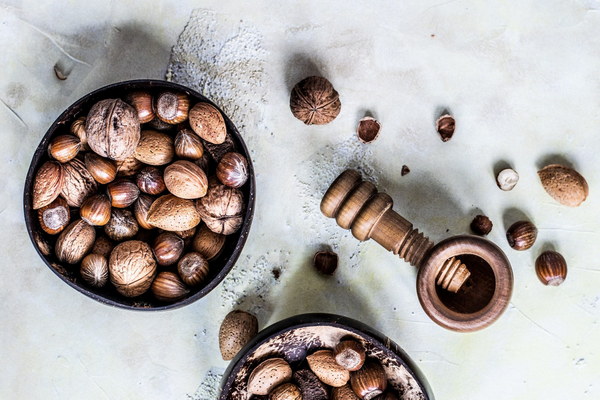
3. Medications:
Consult with your healthcare provider about any medications that may be recommended for post-stone kidney care. Some medications can help prevent stone formation by managing your urine's pH level, reducing stone-forming substances, or increasing urine flow.
4. Regular Check-ups:
Schedule regular follow-up appointments with your healthcare provider to monitor your kidney function and ensure that the necessary steps are being taken to maintain kidney health.
5. Exercise:
Regular physical activity can help improve kidney function and reduce the risk of stone recurrence. Aim for at least 150 minutes of moderate aerobic exercise per week, or 75 minutes of vigorous aerobic exercise, along with muscle-strengthening activities on two or more days per week.
6. Avoid certain beverages:
Limit or avoid certain beverages that can contribute to kidney stone formation, such as:
- Soda, especially those with high phosphorus content
- Decaffeinated coffee
- Alcoholic beverages
- Black tea (due to its high calcium and oxalate content)
7. Maintain a healthy weight:
Being overweight or obese increases your risk of kidney stone formation. If you are overweight, consult with your healthcare provider about a safe and effective weight loss plan.
Conclusion:
Post-stone kidney care is essential to prevent future occurrences and maintain overall renal health. By following these tips, you can nurture your kidneys and reduce the risk of stone recurrence. Remember to consult with your healthcare provider for personalized advice and support throughout your journey to kidney wellness.
